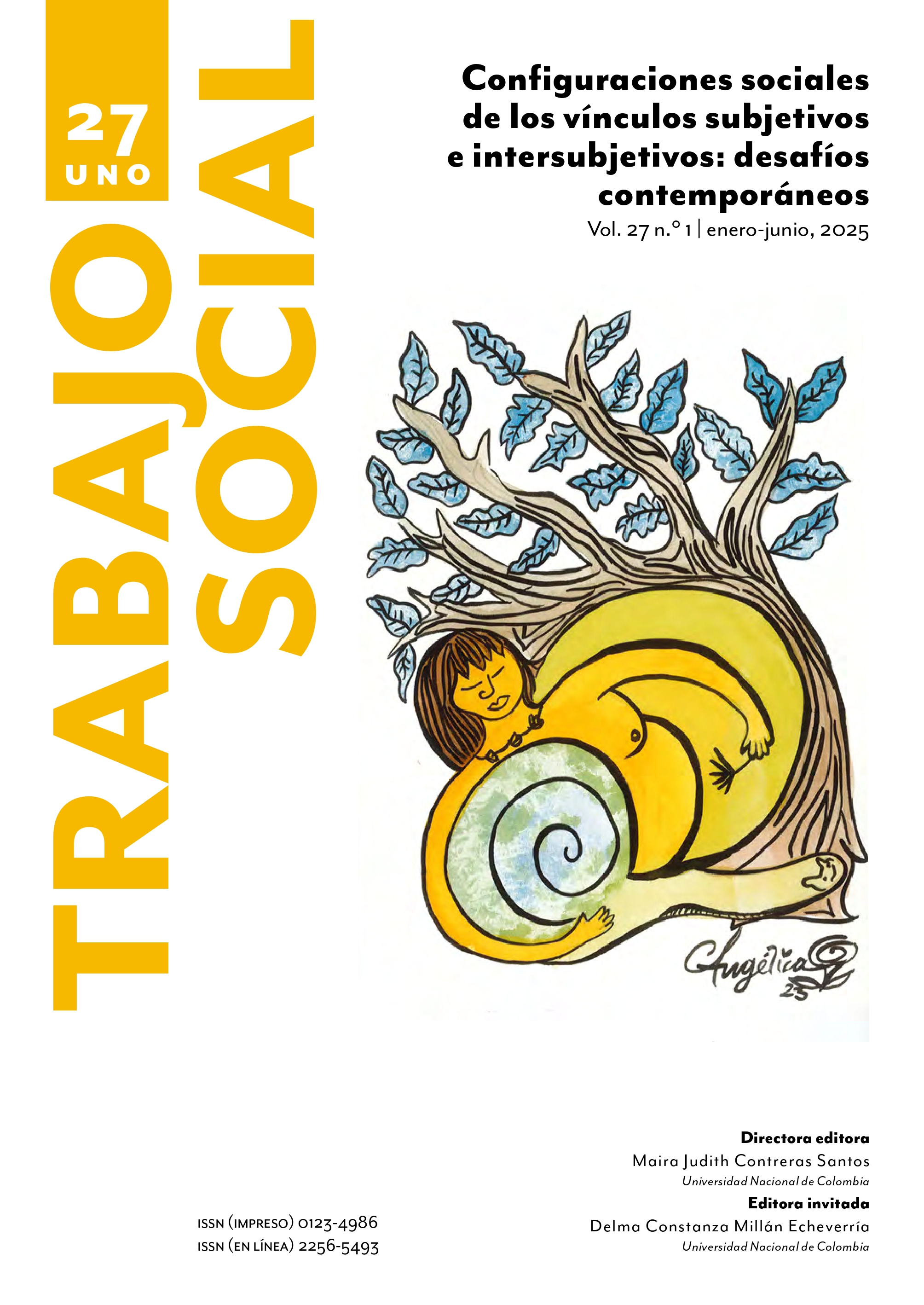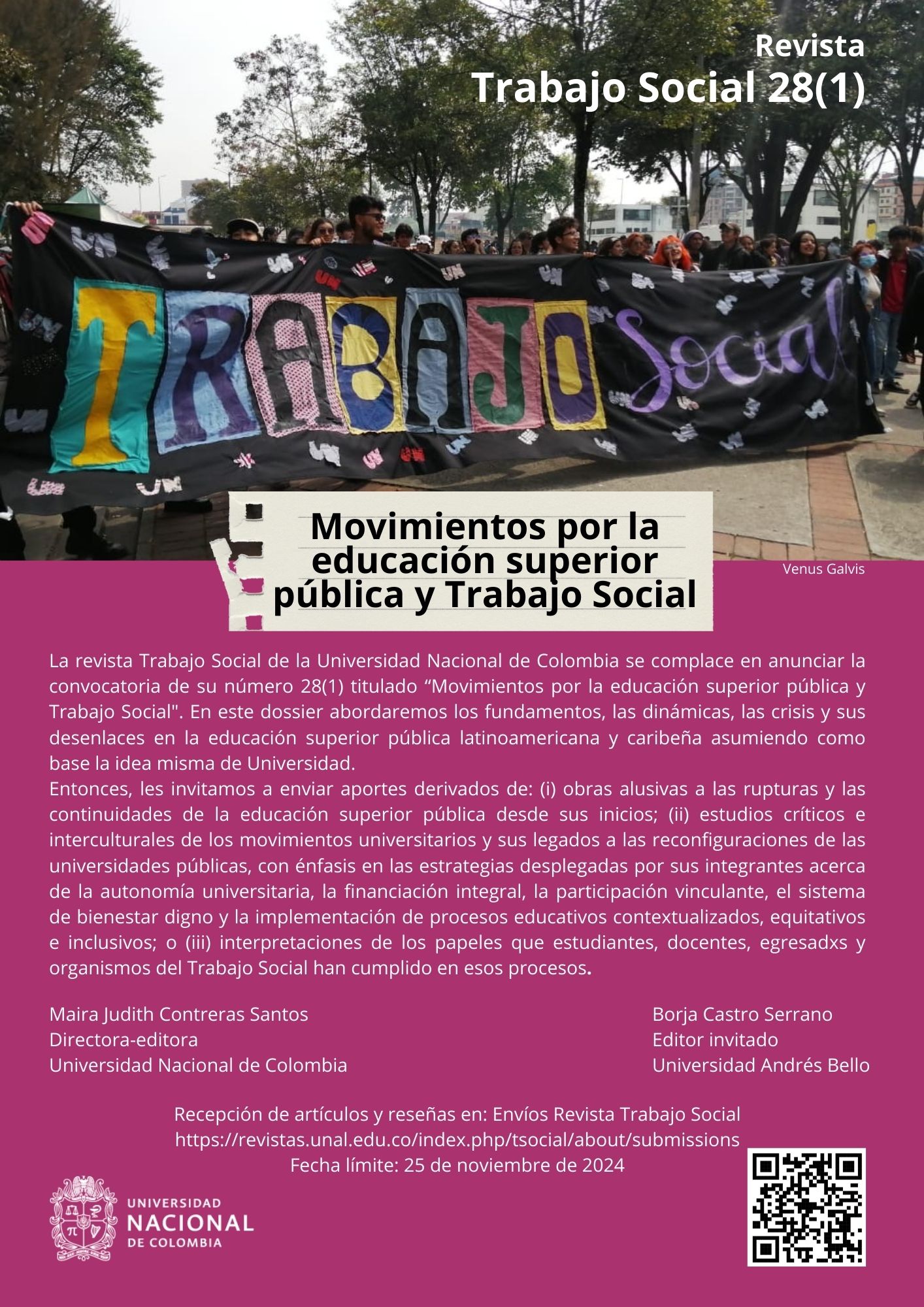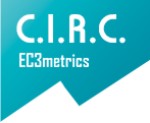Convocatoria Revista Trabajo Social 28(2) - pervivencias y transformaciones del Trabajo Social en el Sur Global

La revista Trabajo Social se complace en anunciar la convocatoria de su número 28(2). En este dossier abordaremos giros sobre la revisión del modelo científico predominante para producir conocimientos; el registro detallado de los contextos en los cuales se sitúan los saberes emergentes y fronterizos; y la caracterización del poder en torno a la generación de conocimientos. Específicamente, analizaremos las formas en las que el Trabajo Social ha fomentado estas y otras rotaciones en sus ámbitos con interrogantes y aprendizajes que ameritan consolidaciones mediante la investigación y la intervención orientadas a esclarecer los propósitos de justicia socio-cognitiva subyacentes en los procesos del Sur Global.
Por consiguiente, les invitamos a enviar sus aportes para dilucidar ¿de qué maneras y en qué investigaciones, intervenciones o investigaciones sobre las intervenciones del Trabajo Social se interroga la epistemología moderna? ¿Con qué referentes, dinámicas, resultados y barreras han sido implementadas las transformaciones del Trabajo Social en sus ámbitos? ¿Cómo y cuáles de estas transiciones interpelan los accesos a servicios de salud, educación, justicia, etcétera, de los sectores sociales más vulnerados? ¿Cómo y cuáles superan las disociaciones entre sentir, pensar, hacer o emoción y razón justificadas en la ciencia? ¿Qué procesos se podrían fomentar en el Trabajo Social para concurrir a materializar la justicia socio-cognitiva en el Sur Global? ¿Qué conocimientos, prácticas o experiencias en el Trabajo Social han reportado modificaciones en esta dirección? ¿Con qué horizontes, tensiones y respuestas?
Maira Judith Contreras Santos
Directora-editora
Universidad Nacional de Colombia
Ruby Esperanza Gómez Hernández
Editora invitada
Universidad de Antioquia
Roxana Páez
Editora invitada
Universidad de Catamarca - Argentina
Recepción de artículos y reseñas en: Envíos Revista Trabajo Social
Fecha límite: 11 de junio de 2025




























